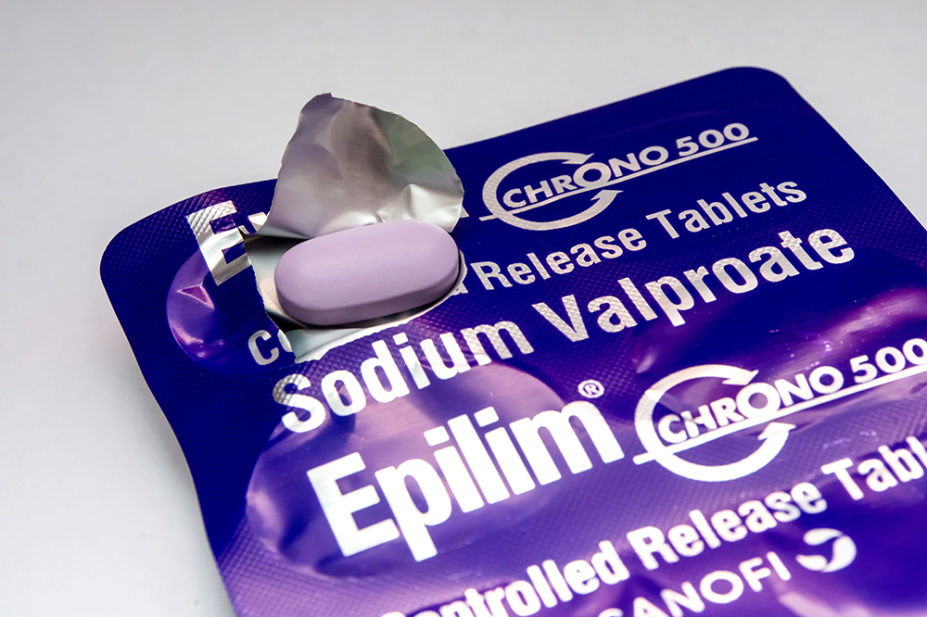
Alamy Stock Photo
Extending the valproate registry to cover all antiepileptic drugs will be “prioritised in the next phase of [its] development”, the Department of Health and Social Care (DHSC) has said.
The move follows recommendations in the Independent Medicines and Medical Devices Safety Review (IMMDSR), published in July 2020, in which the chair, Baroness Cumberlege, said that she wanted to see a registry for all women on antiepileptic drugs who become pregnant to include mandatory reporting and data relating to them and their children collated over lifetimes.
“This should not be limited to sodium valproate, but should also include all AEDs [antiepileptic drugs]”, the report says.
The IMMDSR report highlights the collective concerns of both patients and experts that the long-term outcomes of newer generation antiepileptic drugs were “unknown”.
“They point to how there were little concerns about valproate effects during pregnancy when it was first licensed, and that they do not want to see history repeated,” it says.
In January 2021, the Medicines and Healthcare products Regulatory Agency (MHRA) released the results of a safety review which highlighted that carbamazepine, phenobarbital, phenytoin and topiramate were all associated with an increased risk of having a baby born with a physical birth abnormality.
In the review, lamotrigine and levetiracetam were said to be safer than other antiepileptic drugs in pregnancy because they were not linked with an increased risk of birth abnormalities compared with the general population.
In a parliamentary written answer on 4 March 2021, Nadine Dorries, health minister, said that extending the registry to include all women prescribed an antiepileptic drug had been “prioritised within the next phase of development”.
She also said that work was “ongoing” to extend the registry to include women in the devolved administrations.
Dorries added that the MHRA was also working with the National Institute for Health and Care Excellence, the Royal College of General Practitioners and the Association of British Neurologists to update the “relevant clinical guidance” to reflect the findings of the IMMDSR.
Janice Perkins, chair of the Community Pharmacy Patient Safety Group, said: “Healthcare professionals play a crucial role in managing risk and supporting patients to make informed decisions.
“Data should be made readily available to support colleagues in this work; to inform learnings and influence practice on the ground.”
On 11 February 2021, the MHRA published the first data from the Medicines in Pregnancy registry, which revealed that, between April 2018 and September 2020, 180 women were prescribed valproate during their pregnancy. The data also showed that 16 of the women had a prescription for valproate for the first time during pregnancy.
The MHRA could not provide further detail on the timing of the extension of the registry.
For more information on valproate use in women and minimising the risks, see this CPD resource, developed by The Pharmaceutical Journal alongside Sanofi.

